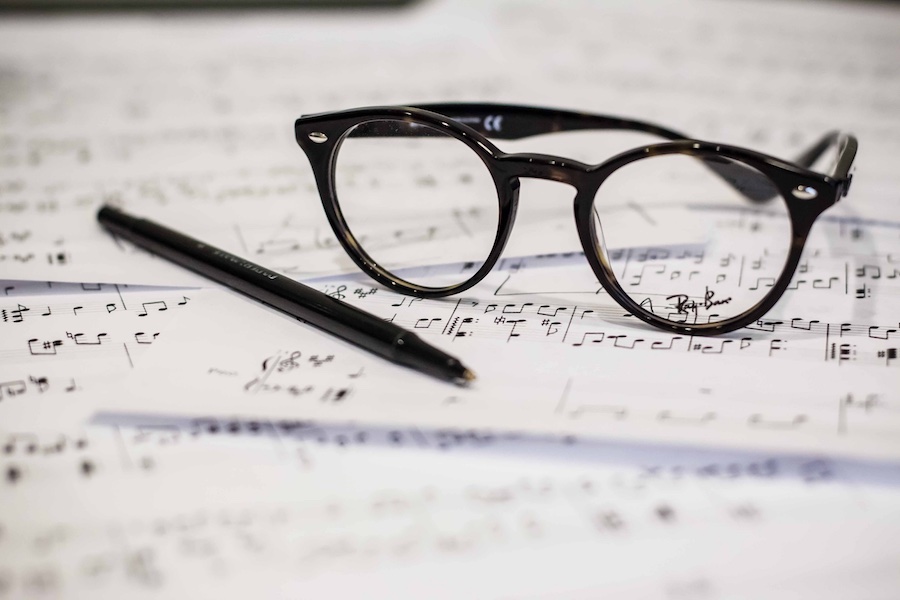My children love to sing and dance. So oftentimes after dinner, we’ll goof around, turn up the tunes, and sing songs with one another.
No, not like the von Trapp family—albeit, we have sung, “Doe, a deer, a female deer” more than once…
One particular evening, I began singing “A Whole New World” from Disney’s Aladdin. I always loved the melody as a child, but while I was teaching it to my children, I quickly realized something about the lyrics—I didn’t agree with them! And I definitely did not want my children being influenced by those horrible lyrics.
“No one to tell us no? Or where to go?”
I didn’t want my children saying that to me! And I definitely did not want them to leave me…at least not yet.
The thing about music is that it deeply shapes us—often without us recognizing the full extent of its influence.
In one study, three professors from Harvard and Boston College discovered that children who had three years or more musical instrument training performed better than those who didn’t learn an instrument in auditory discrimination abilities and fine motor skills. They also tested better on vocabulary and non-verbal reasoning skills, which involve understanding and analyzing visual information.
What’s interesting about this study is that you would naturally expect someone who is learning an instrument to develop in their fine motor skills, which they did. However, you wouldn’t necessarily expect someone who’s learning an instrument to grow in their vocabulary and non-verbal reasoning skills! It’s amazing how the brain is wired and how music shapes your brain.
Similarly, have you ever considered the way worship shapes your heart?
In Psalm 40, we come across a song that would have been sung publicly in worship. It was a song that not only—probably had a catchy melody—but it was one that God used to shape the hearts of His people and remind them of their identity and their calling in this world. The Psalm was, and is, a heartfelt cry of thankfulness for who God is and what He has done, is doing, and will continue to do.
This Psalm is powerful because it helps us understand the role of gratitude in worship.
Worship begins when we realize that everything is ultimately from God. In other words, it starts with gratitude. In fact, this Psalm begins and ends with the declaration that we are in need of God’s work and His salvation. So when we worship, let’s not only thank Him for His past saving work, but also for His present and future ongoing work in our lives.
This Psalm also teaches us that worship is about openly, blatantly, bluntly, conspicuously, consciously, and boldly speaking to the Lord and about Him to others.
It’s about never ceasing to declare His righteousness, faithfulness, constant love, and truth.
Most importantly though, this Psalm shows us just how normal worship must be. It’s not something reserved for Sundays or beautifully designed sanctuaries. It’s an everyday thing. Yes, it’s important that we gather with one another on a regular basis to worship as the Church, but that’s not where worship begins, nor is it where it ends.
We are called to worship when we’re at home putting our children to bed. When we’re driving to work. When we’re on the treadmill. When we’re taking a walk. When we’re eating smoked ribs. When we’re in between meetings. And when we’re studying the Bible.
